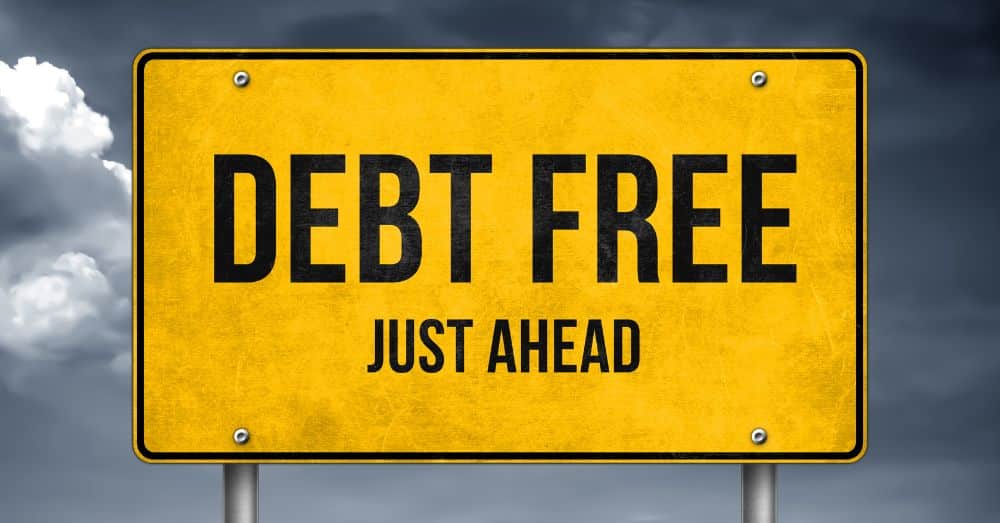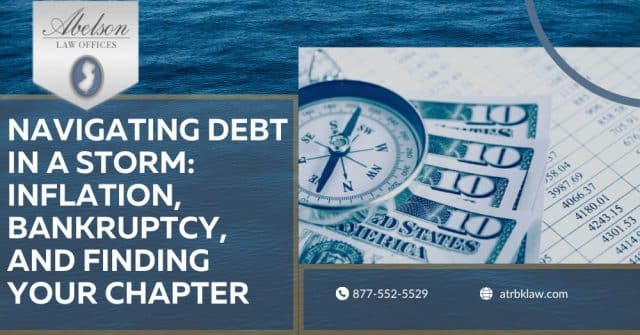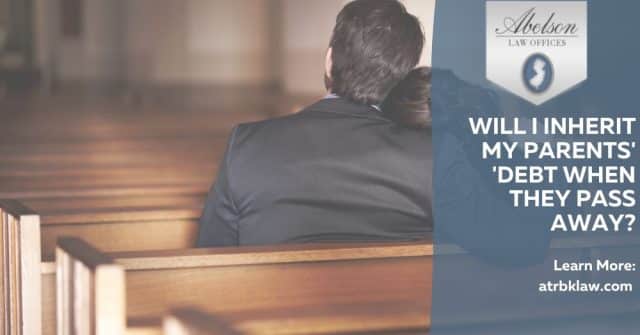If your debts have started spiraling out of control, you may have thought about whether to file for bankruptcy.
Massive debt can be crippling, but filing for bankruptcy can also be life altering. Here’s a quick guide to help you decide.
Pros to declaring bankruptcy
While declaring bankruptcy may seem like a harsh measure, it’s important to remember that these laws are actually designed to protect you. As such, filing for bankruptcy can provide some relief for those mired in debt.
“Bankruptcy immediately stops wage garnishment, telephone calls, collection efforts,” explains David Leibowitz, co-chair of the American Bankruptcy Institute Consumer Bankruptcy Committee.
It’s important to note that there are several different types of bankruptcy, each with its own set of rules. With Chapter 7 bankruptcy, for example, individuals can keep all of their personal property, depending on their state laws. Chapter 13 bankruptcy allows individuals to catch up with their arrearages on secured debt over a period of up to five years.
Cons to declaring bankruptcy
Perhaps the most glaring downside to declaring bankruptcy is the damage it will do your credit record. “Bankruptcy remains on a person’s credit report for 10 years,” Leibowitz explains. In addition to a tarnished credit score, some employers and insurance companies may view bankruptcy as a negative on your applications.
It’s also important to remember than bankruptcy does not clear all your debts. Back taxes, student loans, alimony, child support and various other debts will remain outstanding after you have filed.
Pros to foregoing bankruptcy
Sidestepping bankruptcy allows you to retain greater control over your finances and evade a nasty blemish on your credit record. By tackling your debt on your own terms, you can devise the best solution for your particular situation. If it looks like you might be able to recover from your financial woes within a few years, it may well be worth your while avoiding the damage caused by filing for bankruptcy.
Cons to foregoing bankruptcy
In certain cases, your income may also be garnished, and some of your property could be sold to supplement your creditors. While avoiding a black mark on your credit rating might seem like the most favorable option, in some cases, fighting your way out of debt may ultimately become a losing battle.
“Digging out may be simply too hard for many people, especially for those who got into trouble through no fault of their own by: reason of death in the family, disease, divorce, unemployment, casualty, or natural disaster,” says Leibowitz.
Article from Foxbusiness.com




